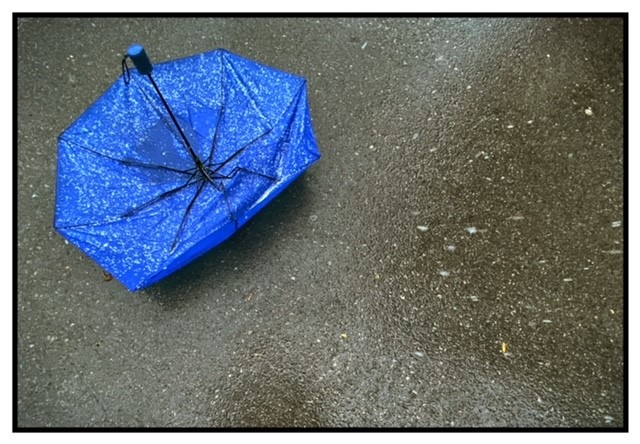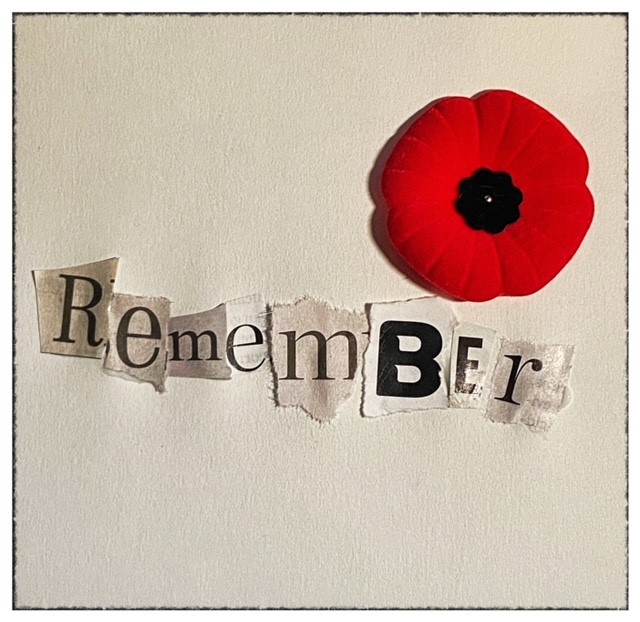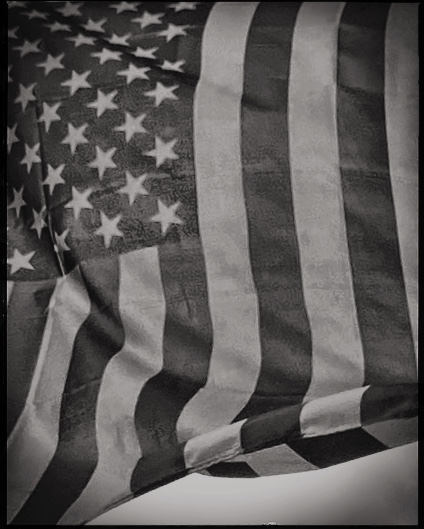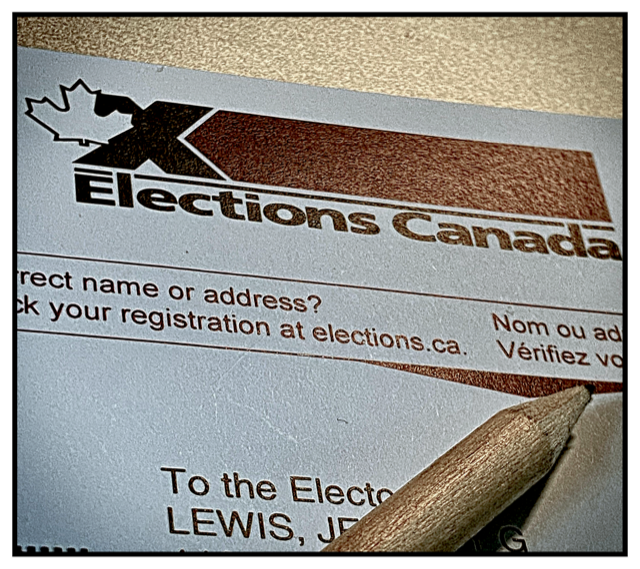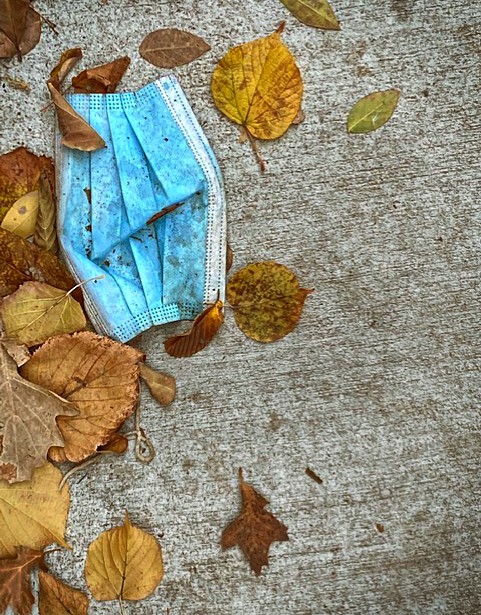
Information, in this pandemic age, is more important than ever.
For far more than eight months now, the deadly coronavirus has been front and centre on daily, and hourly, newscasts. We listen to the facts and figures. The case count and the death count continue to rise, in many cases (in many regions) to record levels.
We grow more fearful.
Much of the information is useful, yet some of if is incorrect or incomplete. Throw in an opinion or two and what we should know, and what we are told, differ greatly.
More than confusing, misinformation can be deadly.
With any COVID-19 news you have to consider the source.
Do you trust the word of a doctor or scientist, or do you take the information proffered by a politician?
What, or whom, will protect you?
A doctor is full of medical facts. Indeed, COVID-19 diagnosis and dialogue can, and does, change like the deadly virus we have come to fear (and so we should).
Doctors are realists. They see first-hand what is happening and, true to the nature of the profession, do what they can to treat the disease and the patient to their best abilities.
Scientists, as well, take facts from trials and experiments and do what they can in their sterile laboratories to analyze and hypothesize and shape answers and opinions to advise what will happen, or could, Or will. Again, guardians of science are realists.
Politicians on the other hand, by their very nature, are opportunists.
Everything a politician does is ultimately in their (or their party’s) best interest. Yes, they may preface their advice or information by telling us they have the interests of their constituents at heart. And yes, politicians work with the same medical facts and scientific information currently offered, but do so on a pick-and-choose basis. A politician in power will select the positive news, overlook the less favorable aspects of what we are dealing with, and present what they believe is information we should know.
It might not be dishonest, but it can be far from the truth.
At times the explanation offered by a politician is as useful as a facemask discarded on the street.
It serves no purpose, other than, perhaps, get the politician reelected. This is the reality we are living with.
This pandemic has become overly politicized while science has been demonized.
Consider your source. In the case of COVID-19, it might be a matter of life or death.
© 2020 j.g. lewis
